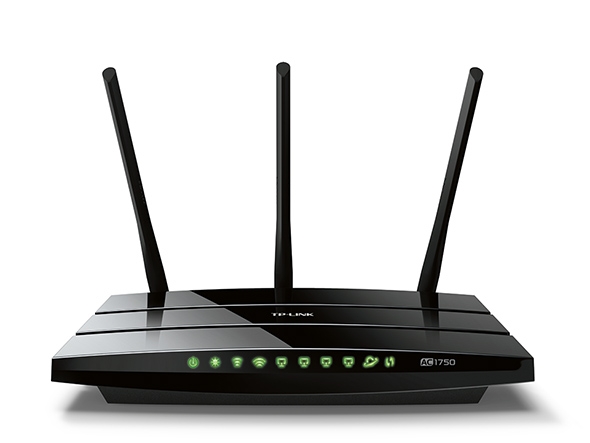American FCC finds trouble: TP-Link must support third-party router firmware

On August 2nd, Eastern Time, network hardware supplier TP-Link admitted to violating U.S. federal government laws. The routers sold may operate outside the allowable RF power and reach a settlement agreement with the FCC (Federal Communications Commission). Including: Agree to pay $200,000 in fines; and support users to install open source third-party router firmware.
The second requirement of the agreement is very special, because the TP-Link violated the law and there is no direct relationship with the third-party firmware. Related to the third-party firmware related to the 5GHz band, and this is a violation of the relevant provisions of the 2.4GHz band. Moreover, the supplier's prohibition of third-party firmware flashing to the router did not violate the relevant laws. Instead, it was a new move made by the FCC New Deal in March this year.
In March of this year, the US FCC issued new regulatory requirements for wireless router manufacturers to prevent users from altering router RF parameters and causing interference with other devices. Theoretically, this is not aimed at third-party router firmware, such as DD-WRT and Openwrt. Actually, as long as the third-party firmware is controlled accordingly, the related equipment is prevented from operating outside the allowed frequency band, modulation type, and RF power. Can meet the new requirements of the FCC.
But TP-Link chose the easiest way: to disable the router.
Therefore, the FCC's request indicates an implied requirement for the new regulations in March: Suppliers still need to support open source third-party firmware. Otherwise, even if it is not illegal, the FCC will find you in trouble.
This is good news for open source enthusiasts.
Via Ars Technica